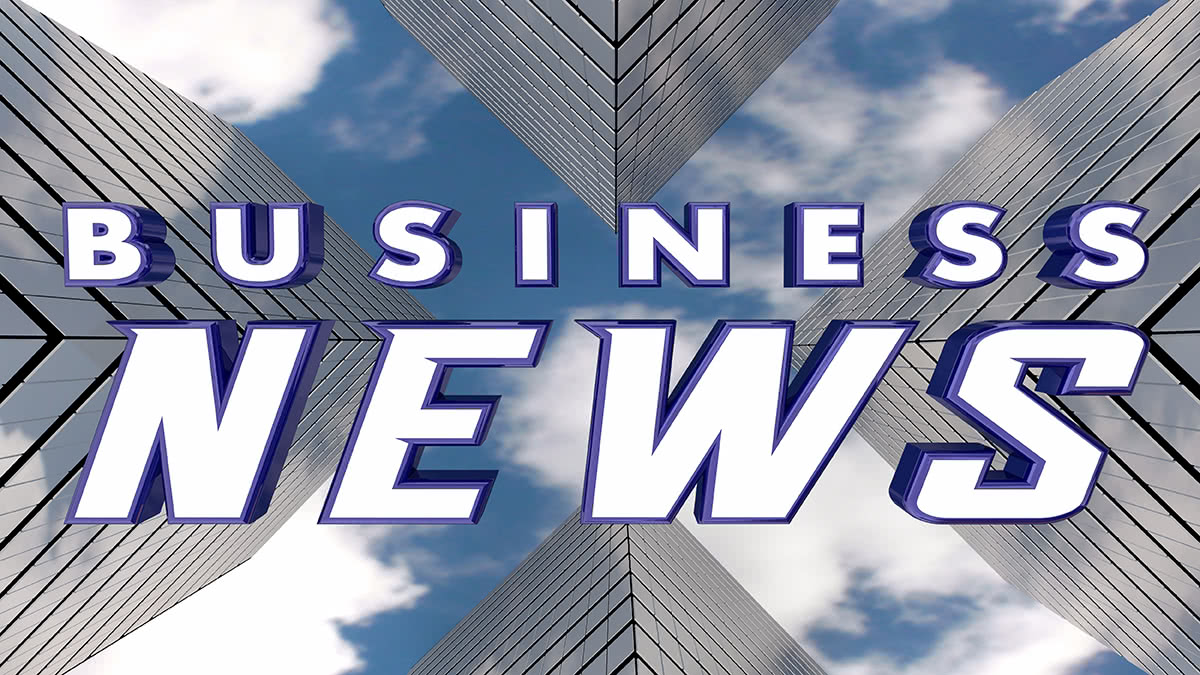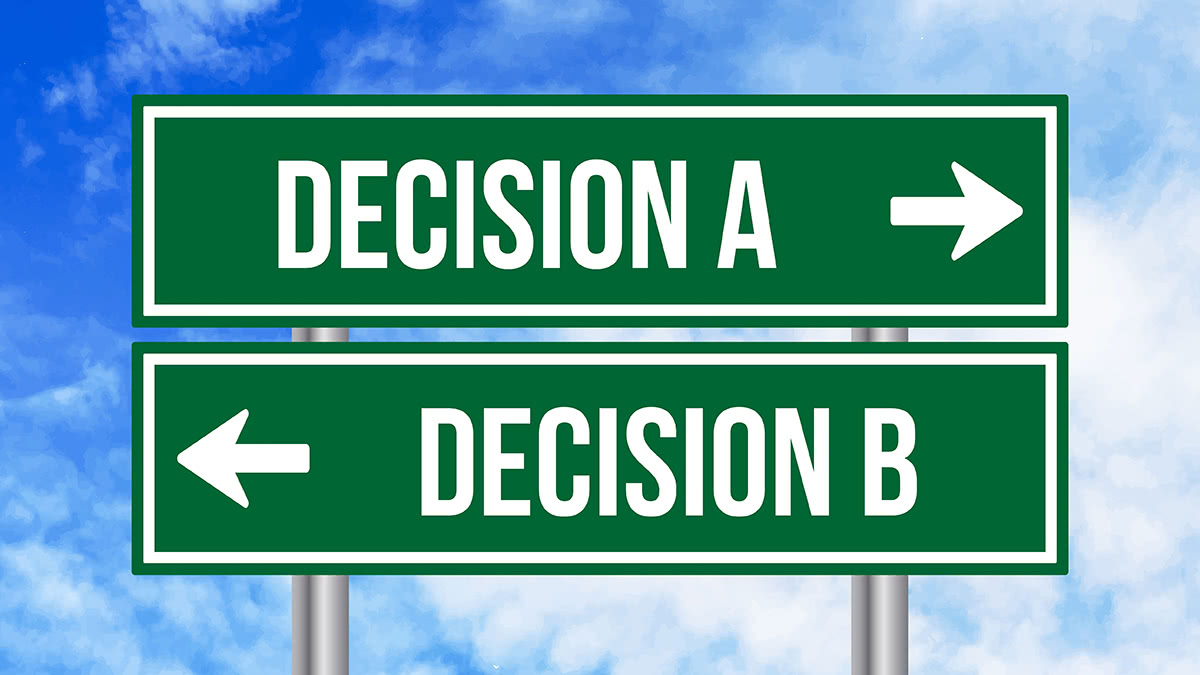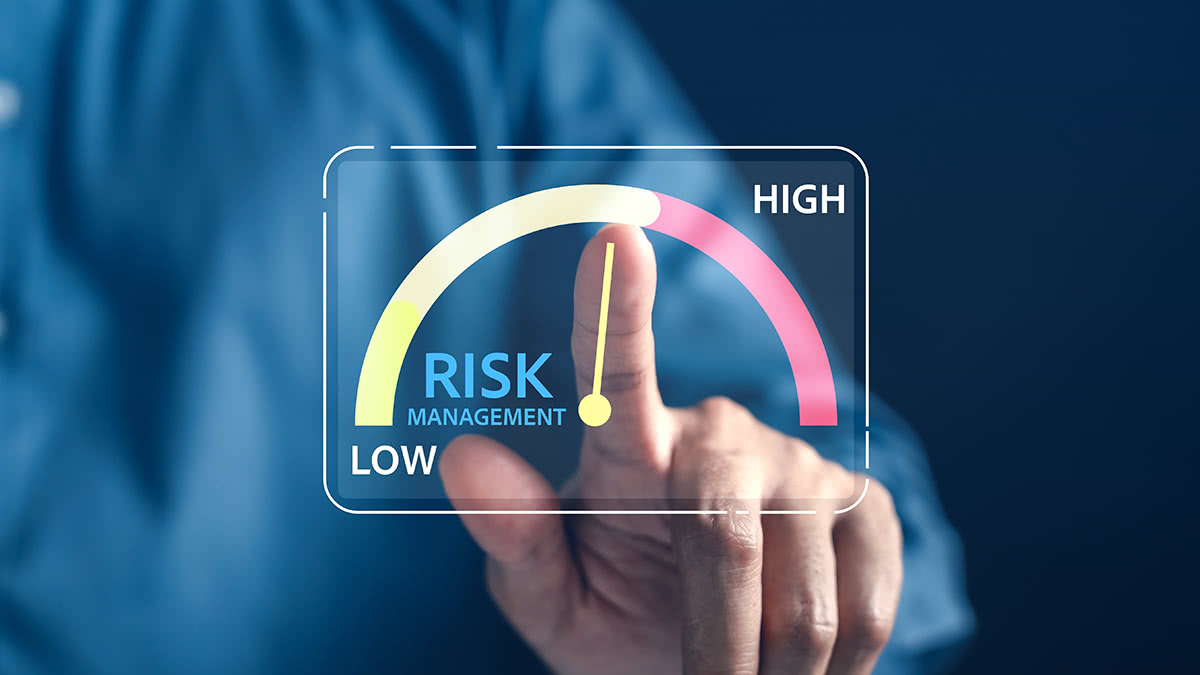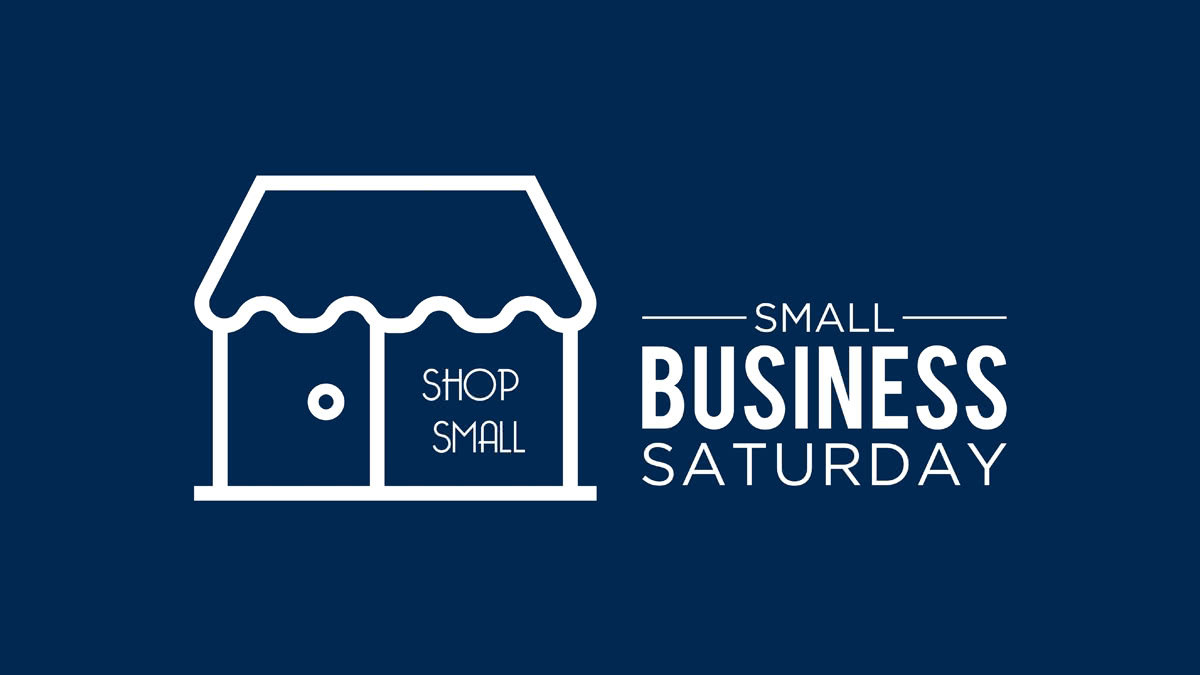Do You Need a Business Loan Down Payment to Secure Funding?
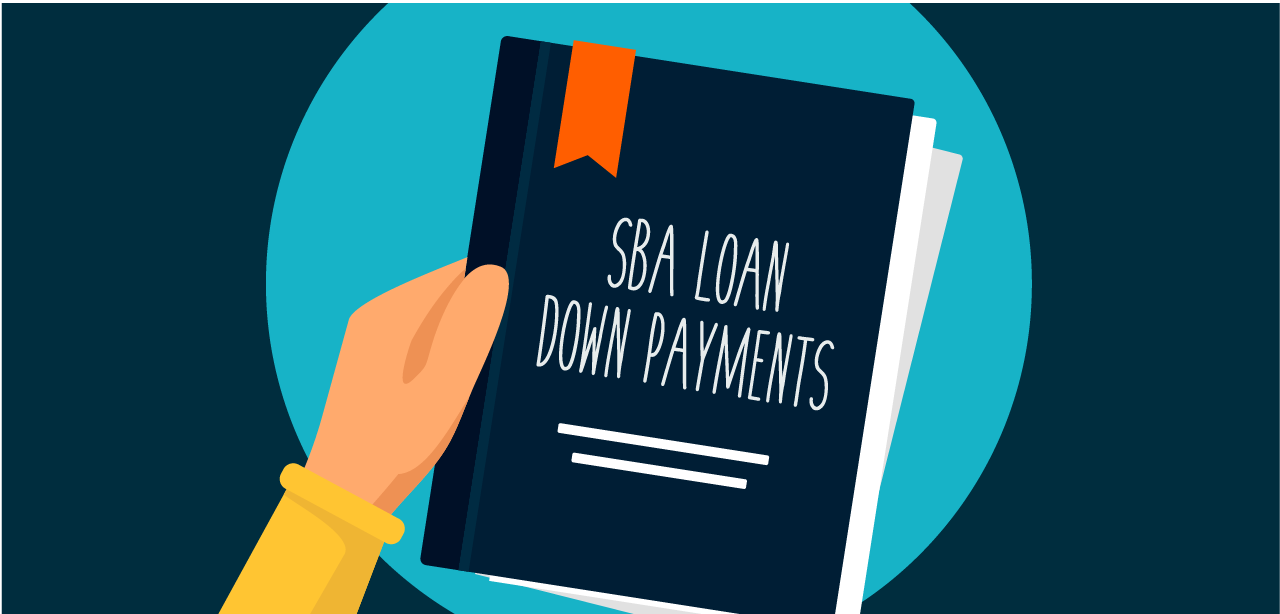
You can keep your business running smoothly and pursue long-term growth opportunities by taking out a small business loan. Depending on the type of loan you apply for, you may need to make a down payment. You can think of a down payment as an upfront partial payment for the loan amount.
This blog post will look at the various business financing options available to entrepreneurs and explain what you can expect from their down payment terms. After reading this post, you should be prepared to tackle the business loan application process and secure funding as soon as possible!
Do You Need a Down Payment for a Business Loan?
The business lender and loan type you choose will dictate whether or not you need to make a down payment. In addition, your credit history may also play a role.
However, most lenders ask that borrowers put at least some money down in most cases. The larger your down payment is, the less risk you pose to them, and the more likely they’ll approve you for additional working capital.
Offering a larger down payment may also lead to a lower interest rate and more favorable terms, improving the overall business loan offer. Other benefits of making a substantial down payment are a smaller loan balance and smaller monthly payments.
What Are the Down Payment Requirements for Different Business Loans?
While down payment requirements vary significantly depending on the business financing option you choose, these are common among many lenders and can give you an idea of what to expect.
1. SBA Loans
Small Business Administration or SBA loans offer a long list of benefits to small business owners that can’t secure traditional financing. If you decide to apply for an SBA loan program, you may land a low-interest rate, favorable repayment terms, and resources to help start or grow your business.
SBA loans usually have lower requirements than private business loans regarding down payments. SBA 7(a) loans and SBA 504 loans, the most common SBA loan options, require a down payment amount equal to 10% of the amount you’re borrowing.
If you’re unsure what your SBA loan down payment will be, ask your lender before finalizing your application.
2. Commercial Auto Loans
A commercial auto loan may be a good funding option if your operation offers the following services:
- Transporting customers (such as a taxi service)
- Delivering products or services (hauling companies)
- Other services requiring heavy travel (visiting clients)
Since most auto loans are secured to the financed vehicle, business lenders usually have lenient down payment requirements.
Depending on your credit score, you may be able to take out a commercial auto loan with 0% down. However, if you finance a truck, down payments are stricter and may require a down payment of 10% to 50%.
3. General-Purpose Loans
General-purpose loans are just like what they sound like; they’re general, meaning you can use them to cover just about any business-related expense. This means that you can use the funding for equipment, inventory, payroll, or other business costs. Due to this, many small business owners find this loan option ideal.
Since general-purpose loans are flexible, their down payment requirements also tend to be flexible. Whether you opt for an unsecured or secured loan, you may get approved with no money down.
It’s important to note that an unsecured loan without a down payment will likely come with a higher interest rate. With a secured loan that doesn’t require a down payment, you’ll have to put an asset at risk. Potential collateral may include equipment, real estate, or expensive inventory.
4. Equipment Loans
Chances are, your business depends on equipment to meet its goals. For instance, if you own a restaurant, you might need to purchase ovens, refrigerators, freezers, and other food services equipment. Or, if you own a construction company, you’ll likely need to invest in heavy machineries such as tractors, compactors, and pavers.
An equipment loan can help you buy necessary equipment, regardless of your business’s industry. Equipment loans are attractive to business owners who need to pay for new equipment or update old equipment.
Depending on the lender you apply to and your credit score, you may be able to get an equipment loan with a down payment from 0% to 20% of its value. The equipment will serve as collateral for your business loan.
5. Inventory Loans
Inventory loans allow you to borrow money to purchase business inventory and avoid cash flow shortages. They are primarily used by small to mid-sized retail businesses, although other business types can also benefit from this type of funding.
As short-term financing solutions, inventory loans typically require a down payment of 10% to 40% of the liquidation value. With an inventory loan, your current and future inventory is used as collateral and will be seized if you default on your loaned funds.
How Much of a Down Payment Should I Put Down?
Small business loan down payments vary depending on numerous factors.
Sometimes, you can get approved for a term loan without any money down. If this happens, keep in mind that you may still want to offer a down payment. A down payment can lead to better terms and save you thousands of dollars on the overall cost of your business loan.
If you own a startup with minimal cash at your disposal, it may be difficult to put any money down. On the other hand, if you own an established business with some cash to spare, a down payment is probably in your best interest.
Conclusion: Take Time to Learn About Business Loan Down Payment Options
When shopping around for business loans, pay close attention to each lender’s down payment criteria.
If you want to put money down but can’t afford to, you may want to slash some expenses and pay off debt before applying. Although it can be challenging to cut costs, you may be able to reinvest in these areas once you receive your business loan.
Once you determine if you can afford the loan down payment, review the rest of your loan offer. It’s essential to be aware of any loan fees, including application, origination, and closing costs. By understanding the total loan cost, you can determine if this is the right business loan offer.
Editor’s Note: This post was updated for accuracy and comprehensiveness in May 2022.
Since 2008, Fora Financial has distributed $4 billion to 55,000 businesses. Click here or call (877) 419-3568 for more information on how Fora Financial's working capital solutions can help your business thrive.


